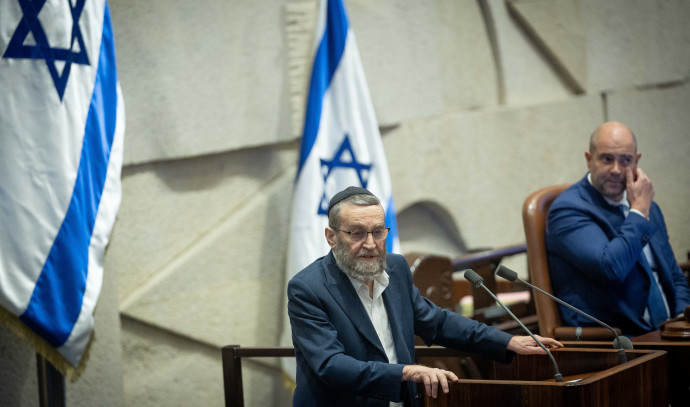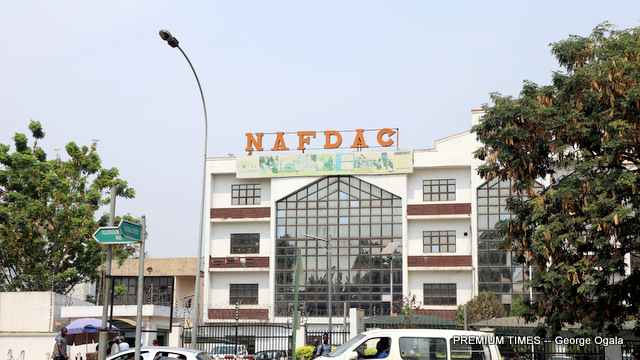Israel’s Knesset on Tuesday began a marathon debate to approve a controversial updated version of the 2024 national budget.
The national budget in effect is a package of bills that are passed together. The first is the actual budget of each government ministry for the year 2024; the second sets the government’s spending ceiling and budget deficit; and the rest are several amendments to existing bills to adapt them to the new budget, such as a bill to apply a special tax on Israel’s large banks during 2024.
Knesset Finance Committee chairman MK Moshe Gafni (United Torah Judaism) blocked voting on several tax provisions aimed at increasing the 2024 national income, such as a new tax on Israel’s central banks, and these have yet to arrive on the Knesset floor.
Funding for haredi schools
Gafni did this to protest what he argued was insufficient funding for the haredi school systems. The national budget is likely to pass regardless, with the remaining provisions expected to pass later on in an additional bill when the dispute is resolved. The provisions are expected to add up to approximately NIS six billion in national income between the years 2024-2027.
The dispute centers around Gafni’s demand to include the haredi semi-private and private school systems in a reform that passed in 2008 called “Ofek Hadash” (Hebrew for “New Horizon”), which offers an increase in teacher’s salaries and additional benefits that depend on extracurricular work hours and other parameters. Gafni insists that the haredi teachers deserve to be paid the same as non-haredi teachers, but the reform also requires Education Ministry oversight and other components that he is unwilling to accept.
Gafni alluded to this when presenting the budget.
“Everyone should know that an injustice is being committed here, and I will continue to fight so that they [haredi teachers] receive equal pay for equal work,” Gafni said.
Fellow UTJ MK Yisrael Eichler, chairman of the Knesset Labor and Welfare Committee, who spoke after Gafni, blamed an “aggressive media campaign” to bar haredi teachers from receiving equal pay, which Eichler said was “theft, exploitation, and injustice.”
The debate began at 11:00 a.m. and is scheduled to run for 25 hours straight, until Wednesday at noon, after which voting will commence. The budget is expected to pass into law on Wednesday afternoon or evening.







